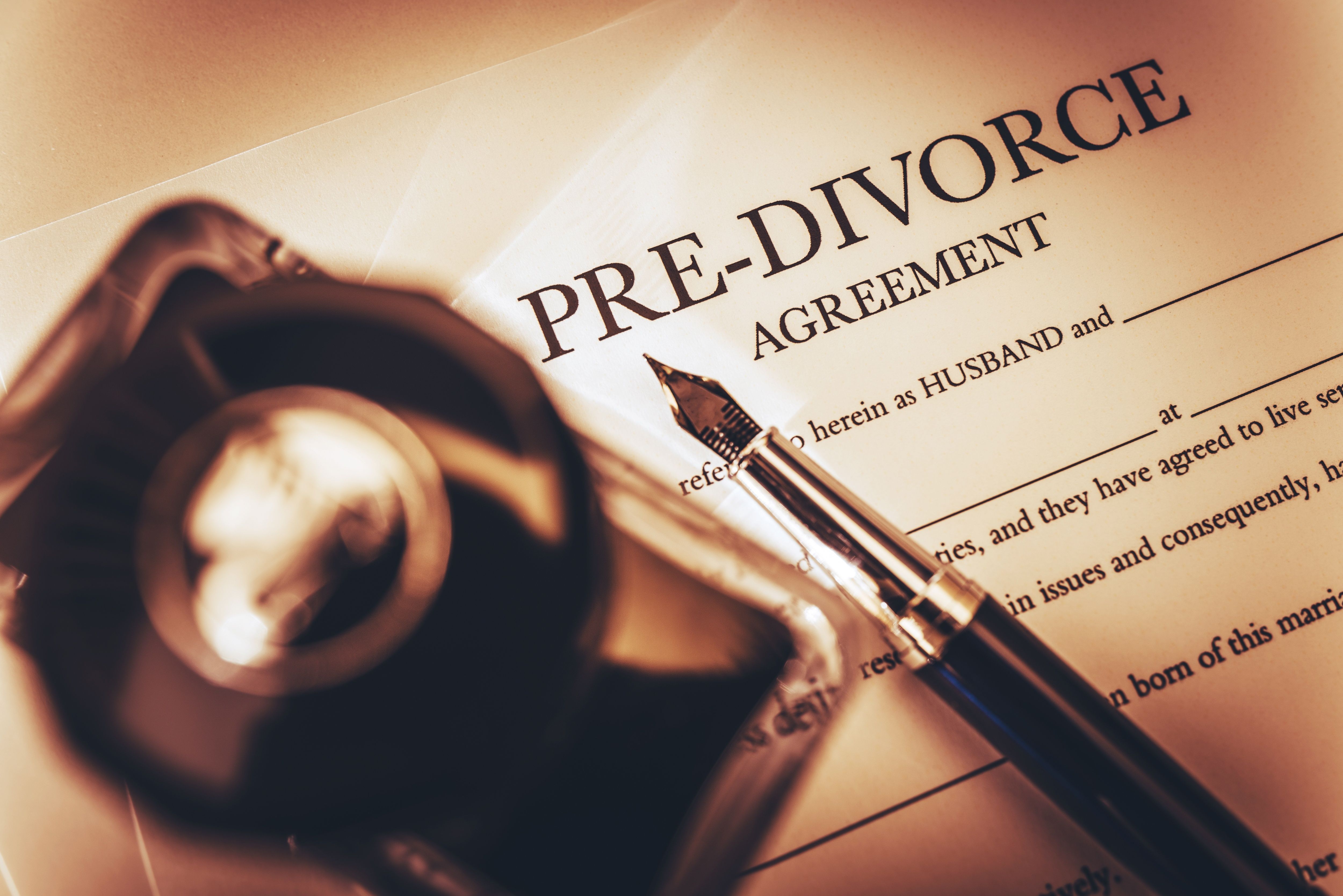There are hundreds of thousands of weddings every year. Unfortunately, nearly 50% of marriages end in divorce over the last several decades. Although there are several reasons for this, most people are unprepared for divorce–only 5% of couples get a prenuptial agreement.
Prenups have a stigma about them that they’re only for the wealthy or that it’s planning to fail, but that isn’t the case. Here’s everything you need to know about prenuptial agreements.
What’s a Prenuptial Agreement?
A prenuptial agreement, “prenups” for short, is a contract between the couple that details how finances and property will split should there be a divorce.

The couple creates this document before getting married to outline what belongs to them in the event of divorce. In other words, this contract protects both parties involved.
A prenup can expedite the divorce process, but a prenuptial agreement is for more than divorce–it helps a spouse know what to do should their spouse die.
Who Should Get a Prenup?
As previously mentioned, there’s a stigma about prenups that they’re only for the wealthy. In reality, they’re excellent documents for everyone, especially those with a lot of property, assets, and businesses.
Although most people can and should get a prenup, here are some descriptions of individuals who should get a prenuptial agreement.
Those Who Own Businesses
A prenup can protect your business during a divorce if you have a business before getting married.

In the prenuptial agreement, you can outline stipulations protecting the businesses from becoming the other spouse’s property. This protection level is beneficial when newlyweds have successful businesses on their own and want to keep them separated.
Those with Children from Other Marriages
Whether or not both spouses have children from previous marriages, it’s essential to consider and create a prenup if at least one person has a child.
If this description fits your situation, a prenup ensures your child receives their proper inheritance when you pass away.
If you pass away without a prenup in your new marriage and your spouse is alive, your assets, property, and inheritance will likely go to your spouse first, leaving your child(ren) with less than expected.
When One Spouse is Wealthier
A prenuptial agreement protects the assets of a wealthier fiancè. Should divorce happen in the future, a prenup protects the wealthier fiancè by ensuring they don’t lose their financial stability.
Additionally, a prenup with a wealthy fiancè ensures the couple isn’t marrying for money.
When One Spouse Accrued Debt Before Marriage
Even though spouses love each other, they keep some things secret–like massive amounts of debt. If you don’t sign a prenup before marriage, your spouse’s debt becomes yours.
A prenup can protect you from financial surprises and ensure you’re not responsible should your spouse die. Additionally, this contract can help curb your spouse’s spending habits if they know they’re responsible for the debt regardless of their marriage.
Conclusion
Prenuptial agreements are contracts that help you and your spouse establish financial boundaries in the event of divorce or untimely death.
Prenups are excellent options for people who own businesses, have children from other marriages, are wealthy, or have a fiancè with a lot of debt.















